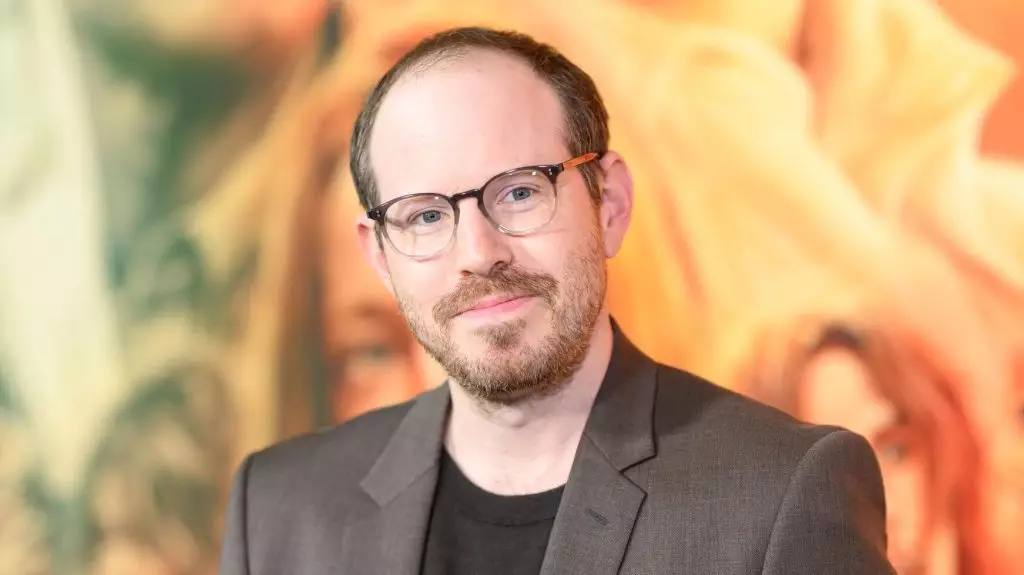Artificial intelligence is no longer a distant science fiction concept; it is rapidly encroaching upon the creative sanctuaries of Hollywood. While technology has historically served as a tool for storytelling, the current trajectory suggests a disturbing shift towards viewing AI as an omnipotent force—almost a deity—rather than a supportive innovation. This pivot from cautious integration to reverence is alarming. Artists and creators, like Ari Aster, express legitimate fears that society is ceding control to an entity that, while seemingly objective, carries the potential to undermine human originality and authenticity. The danger lies not merely in the adoption of new tools but in the unquestioned worship of AI as an infallible end-all solution, risking the erosion of human artistry in favor of cold, soulless algorithms.
The Ethical Crisis of Deifying Machines
The narrative surrounding AI’s evolution reveals a disturbing ideological shift among engineers, developers, and industry leaders. Instead of viewing AI as a technology to serve societal good, many seem to venerate it as a divine force—an almost spiritual entity. The language used by those at the helm reflects a deep reverence, bordering on worship, that threatens to blur the line between human morality and machine logic. This deification of AI fosters an environment where ethical considerations are secondary to technological expansion. As AI systems become increasingly indistinguishable from human-generated content, we risk collapsing the very boundaries that keep human judgment, morality, and emotional intelligence central to storytelling and cultural expression.
The Unchecked Race Against Innovation
The recent legislative action—specifically the attempt to exempt AI from regulation—illustrates how industry interests often prioritize speed and profit over public welfare. Hollywood’s embracement of “clean AI” initiatives hints at an awareness of these risks, yet progress remains dangerously uncontrolled. Ari Aster’s reflection on how AI’s capabilities are becoming “less uncanny” underscores the unsettling notion that society is quickly acclimating to artificial facsimiles of reality. As AI-generated videos and narratives become increasingly convincing, the distinction between genuine human creativity and manufactured output diminishes. This normalization of artificial content could ultimately distort our cultural landscape, deepen mistrust, and diminish the value we place on authentic human expression.
The Central Threat: Humanity’s Loss of Agency
What is most distressing about the current rise of AI isn’t just the technological feat itself, but the erosion of human agency it signals. Historically, technological innovations have been harnessed consciously, sometimes skeptically, to improve lives. Today, however, a cultural shift is underway—one where society cedes its agency to the very innovations that threaten to devalue human experience. If AI continues to be worshiped rather than scrutinized, if regulation remains lax or nonexistent, we risk constructing a future where humans are mere spectators rather than creators. The line between imagination and reality erodes, and with it, our capacity for genuine innovation, moral discernment, and authentic connection diminishes. This is the real horror lurking behind the glossy veneer of technological progress.

Leave a Reply